Louie Kamookak thinks Franklin is in a vault on King William Island
GJOA HAVEN , Nunavut -- The man who guided searchers to the wreck of John Franklin's flagship may have one more surprise left up his parka sleeve.
"I believe that Franklin is in a vault on King William Island," says Louie Kamookak, an Inuit historian who has spent 30 years correlating stories collected from elders with European logbooks and journals.
The mystery that surrounds the Franklin Expedition is one of the great legends of Arctic exploration. The ships Erebus and Terror set out from England in 1845 with 129 men to search for the Northwest Passage, but they never returned.
Little by little, the Franklin story is coming together.
Artifacts and graves found throughout the 19th and 20th centuries were joined by several more bodies discovered in the 1980s. The ships were found in 2014 and 2016.
But where is the grave of John Franklin?
Kamookak relates two stories passed down through generations that may offer tantalizing clues.
"One group of Inuit said they saw a burial of a great chief under the ground, under stone."
This was remarkable for the hunters, as Inuit traditionally buried their dead on the surface, wrapped in caribou skins and under a cairn. They investigated the site, expecting to find something similar. All they found was a flat stone.
"They said he was a great shaman who turned to stone," says Kamookak.
In another account, a group of travelling Inuit came across a large wooden structure.
"They managed to get a cross piece they took for a sled. The man who was telling the story said there was a flat stone and he could tell the stone was hollow."
Given that other expedition graves have been found on land, Kamookak believes Franklin's is there too.
"I don't think they would have an ocean burial for him."
If he's right, Franklin is probably still lying beneath the tundra on King William Island's rocky and windswept northeast coast.
If he's wrong, chalk up one more mystery in a tale that's been generating questions for 170 years.

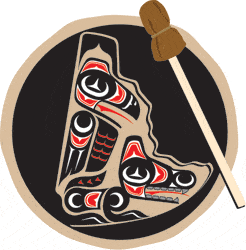

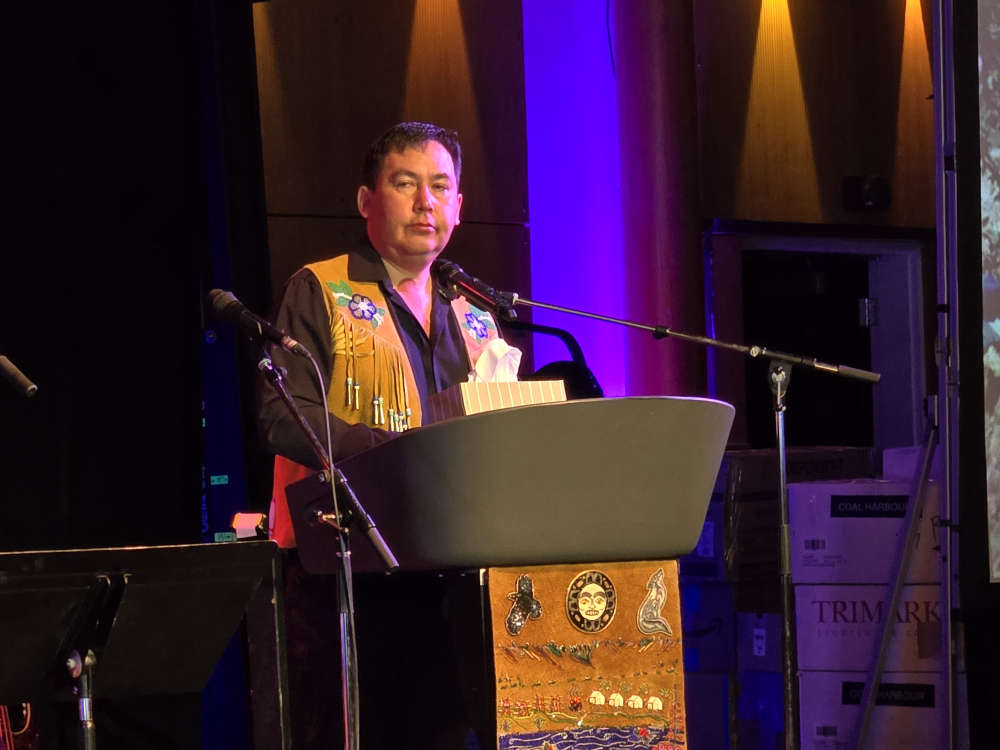 Kwanlin Dün First Nation celebrates 20th Anniversary of Final Agreement
Kwanlin Dün First Nation celebrates 20th Anniversary of Final Agreement
 Yukon RCMP Traffic Services are investigating a collision between a police vehicle and a cyclist
Yukon RCMP Traffic Services are investigating a collision between a police vehicle and a cyclist
 Former teacher calls out education minister for inaction
Former teacher calls out education minister for inaction
 Yukon RCMP issue arrest warrant
Yukon RCMP issue arrest warrant
 Yukon Native Hockey Tournament kicks off its 45th anniversary with more teams than ever before
Yukon Native Hockey Tournament kicks off its 45th anniversary with more teams than ever before
 Whitehorse RCMP search for missing man
Whitehorse RCMP search for missing man
 B.C. man, two Watson Lake residents arrested on warrants in Whitehorse
B.C. man, two Watson Lake residents arrested on warrants in Whitehorse
 Ross River RCMP arrest two men in separate, unrelated investigations involving stolen rifles
Ross River RCMP arrest two men in separate, unrelated investigations involving stolen rifles
 Medical Staff Association president raise "significant concerns" surrounding acute care at Whitehorse General
Medical Staff Association president raise "significant concerns" surrounding acute care at Whitehorse General
 Whitehorse count indicates 83 per cent of homeless in 2024 were Indigenous
Whitehorse count indicates 83 per cent of homeless in 2024 were Indigenous
 Whitehorse RCMP seek public's help in locating missing 73-year-old man
Whitehorse RCMP seek public's help in locating missing 73-year-old man
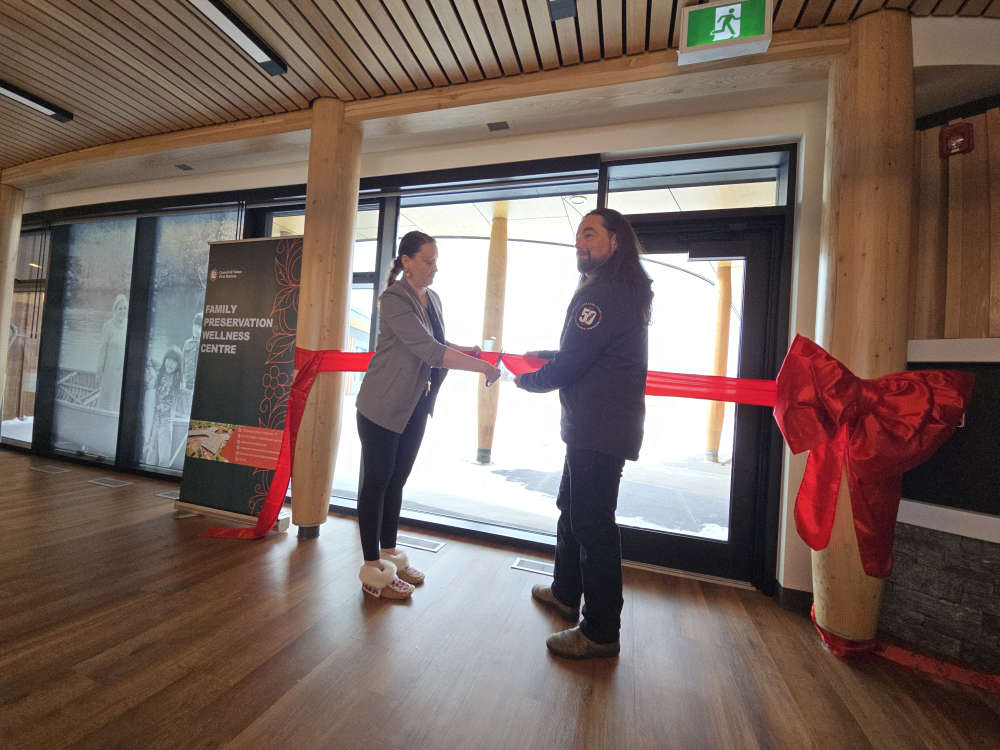 CYFN opens new wellness centre in Whistle Bend
CYFN opens new wellness centre in Whistle Bend
 'Old Crow a Philosophy' makes global premiere at YAC
'Old Crow a Philosophy' makes global premiere at YAC
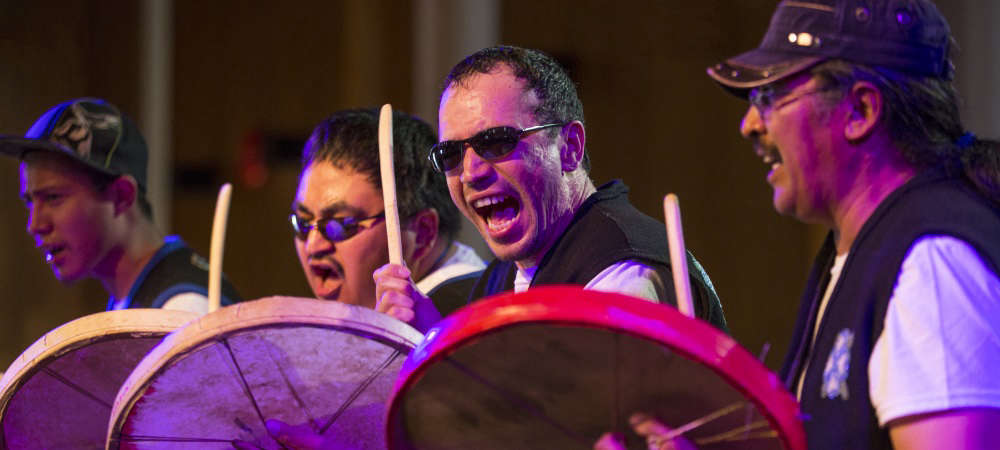 Yukon First Nations Culture and Tourism Association cancels events for 2025, including Adäka Festival
Yukon First Nations Culture and Tourism Association cancels events for 2025, including Adäka Festival
 Whitehorse residents and Yukon NDP speak out against a proposed transit fare hike
Whitehorse residents and Yukon NDP speak out against a proposed transit fare hike
 Diane Strand wins Haines Junction mayoral byelection
Diane Strand wins Haines Junction mayoral byelection
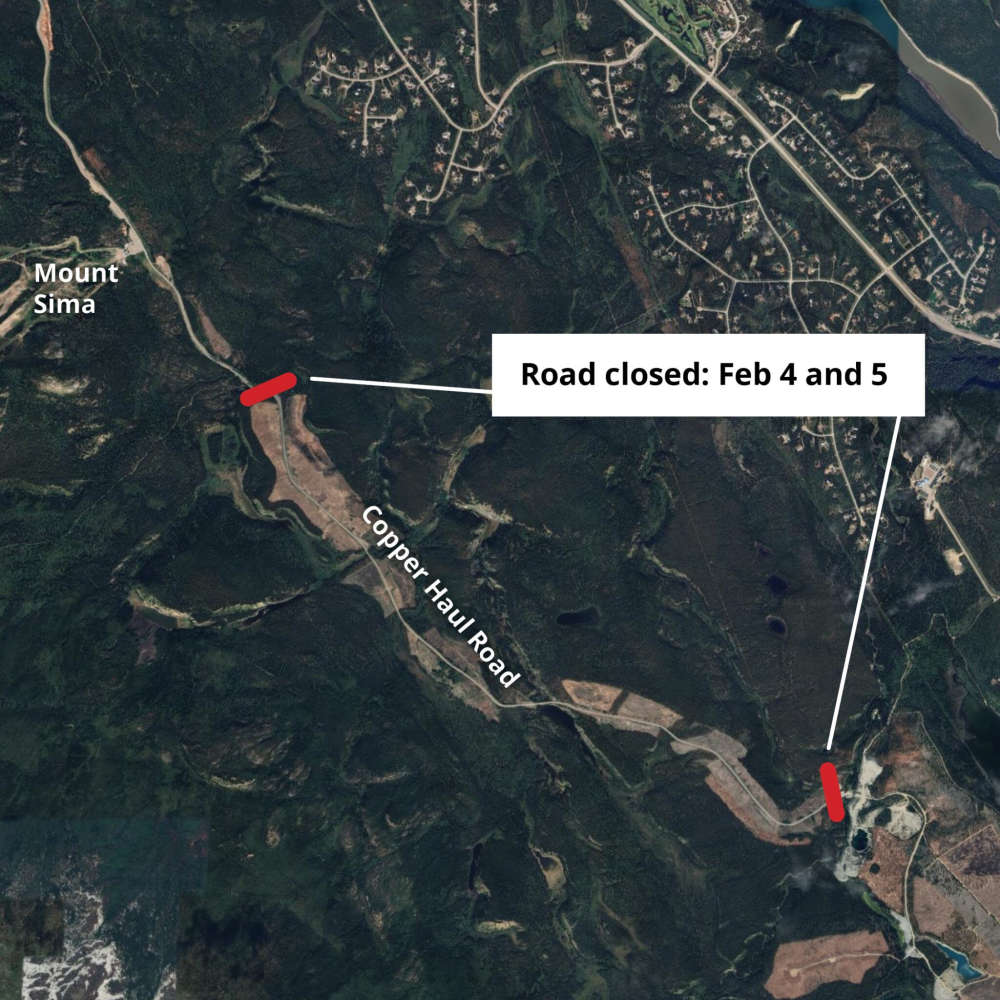 Copper Haul Road closure announced for bridge repairs
Copper Haul Road closure announced for bridge repairs
 Yukon Government and Canadian Government partner to boost local businesses
Yukon Government and Canadian Government partner to boost local businesses